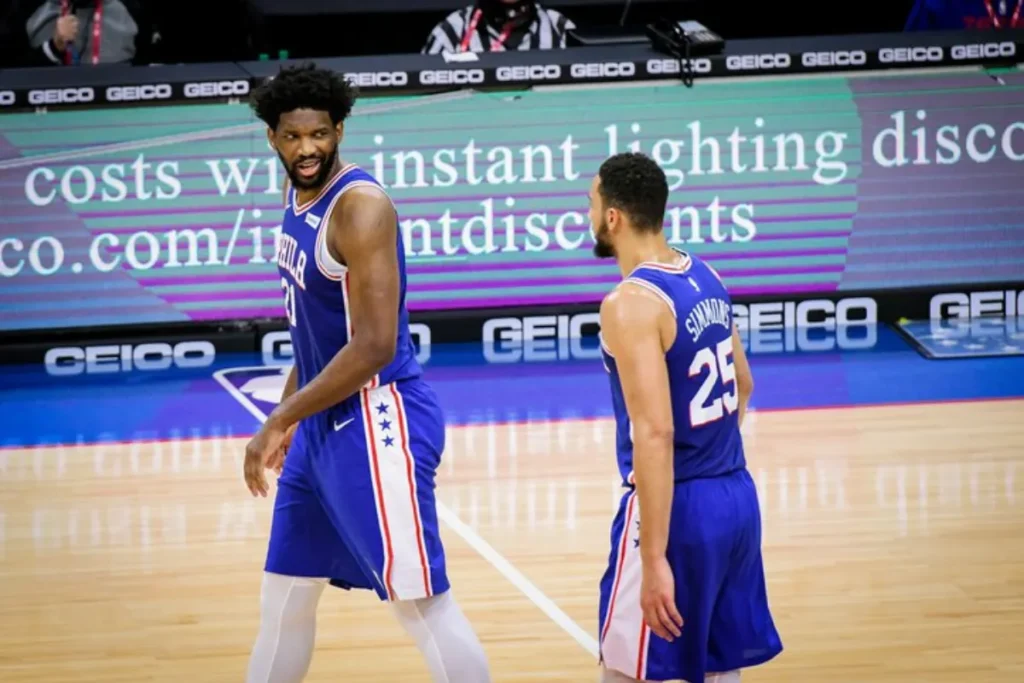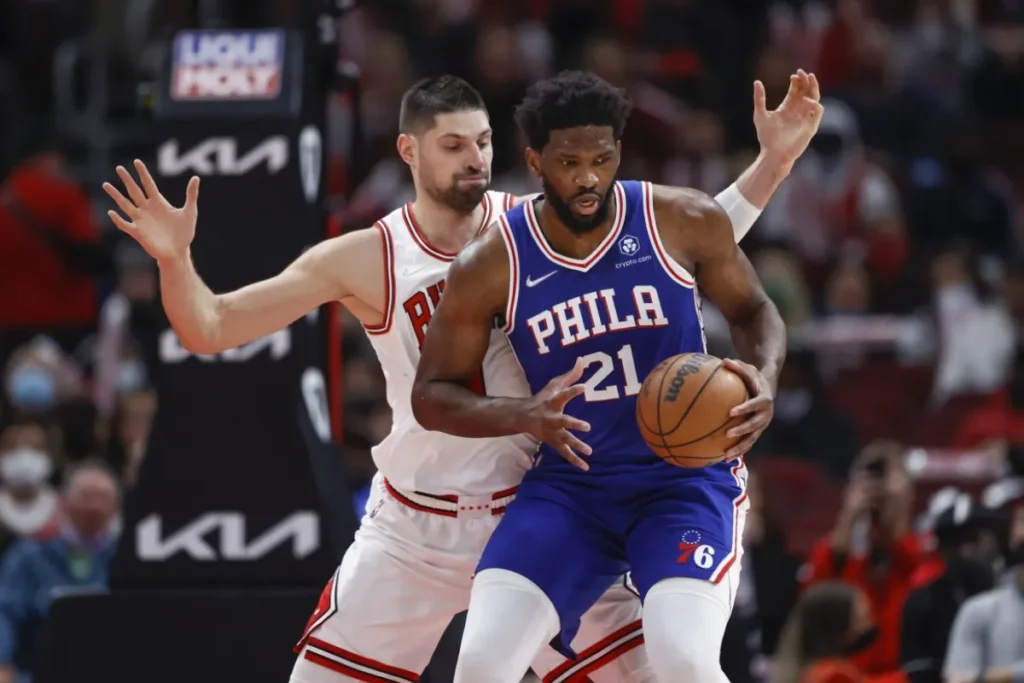In a revelation that has sent shockwaves through the basketball community, former NBA superstar Kobe Bryant, often hailed as one of the greatest players of all time,
admitted in a recent interview that the Philadelphia 76ers made the right decision in drafting him back in 1996.
Bryant’s candid acknowledgment comes as a vindication for the 76ers, who faced significant scrutiny at the time for trading him to the Los Angeles Lakers shortly after selecting him with the 13th overall pick in the NBA draft.
The admission has reignited debates over draft decisions and their long-term implications for franchises.
Bryant’s statement, made during an exclusive interview with ESPN’s Rachel Nichols, provides a fascinating insight into the dynamics of draft selections and the unpredictable trajectories of athletes’ careers.
Reflecting on his early days in the league, Bryant conceded that while he initially felt slighted by being traded from the 76ers,
the move ultimately propelled him towards a legendary career with the Lakers, where he won five NBA championships and cemented his legacy as one of basketball’s most iconic figures.

“I love Jerry West for that,” Bryant remarked, referring to the former Lakers general manager who orchestrated the trade.
“I told him that. I said, ‘Dude, I would have been the [76ers’] eighth option. Thank you for that.'”
Bryant’s admission sheds new light on the intricacies of player development and the importance of fit within a team’s system.
While his talent was undeniable, the circumstances surrounding his draft and subsequent trade underscore the significance of organizational vision and strategic decision-making.
For the 76ers, trading Bryant allowed them to acquire veteran center, Vlade Divac, a move that set the stage for future transactions and roster adjustments.

In the aftermath of Bryant’s revelation, basketball analysts and fans alike have revisited the 1996 NBA Draft, dissecting the choices made by various teams and the ripple effects they had on the league’s landscape.
The 76ers’ decision to trade Bryant has been scrutinized for years, with many questioning whether they missed out on a generational talent.
However, Bryant’s own acknowledgment of his fit within the Lakers’ system adds a new dimension to the debate.
Philadelphia’s gamble in trading Bryant was not without its critics at the time. Fans lamented the departure of a promising young talent, while pundits questioned the team’s foresight in evaluating his potential.
Yet, history has shown that the move ultimately favored both parties involved.
Bryant thrived in Los Angeles, becoming the face of the Lakers franchise for over two decades, while the 76ers continued to navigate their own path, albeit with varying degrees of success.

The significance of draft decisions extends beyond individual players and franchises.
It highlights the inherent uncertainties of talent evaluation and the ever-present gamble of selecting prospects based on potential versus immediate impact.
Bryant’s career trajectory serves as a cautionary tale for teams seeking to strike a balance between short-term gains and long-term success.
As the NBA continues to evolve, with new generations of players leaving their mark on the league, Bryant’s admission serves as a poignant reminder of the complexities underlying draft decisions.
While hindsight may offer clarity, the inherent unpredictability of sports ensures that every selection carries with it a multitude of possible outcomes.
The 76ers’ decision to trade Bryant may have been questioned at the time, but his recent acknowledgment reinforces the notion that sometimes, the right decision is not always immediately apparent.
In the annals of NBA history, the tale of Kobe Bryant and the Philadelphia 76ers serves as a testament to the enduring legacy of draft day decisions and the enduring impact they can have on the league as a whole.
As fans and analysts continue to debate the intricacies of player selections, Bryant’s admission stands as a reminder that sometimes, the best decisions are the ones that are least expected.
